The Latest Advancements in Augmented Reality Technology and Its Applications
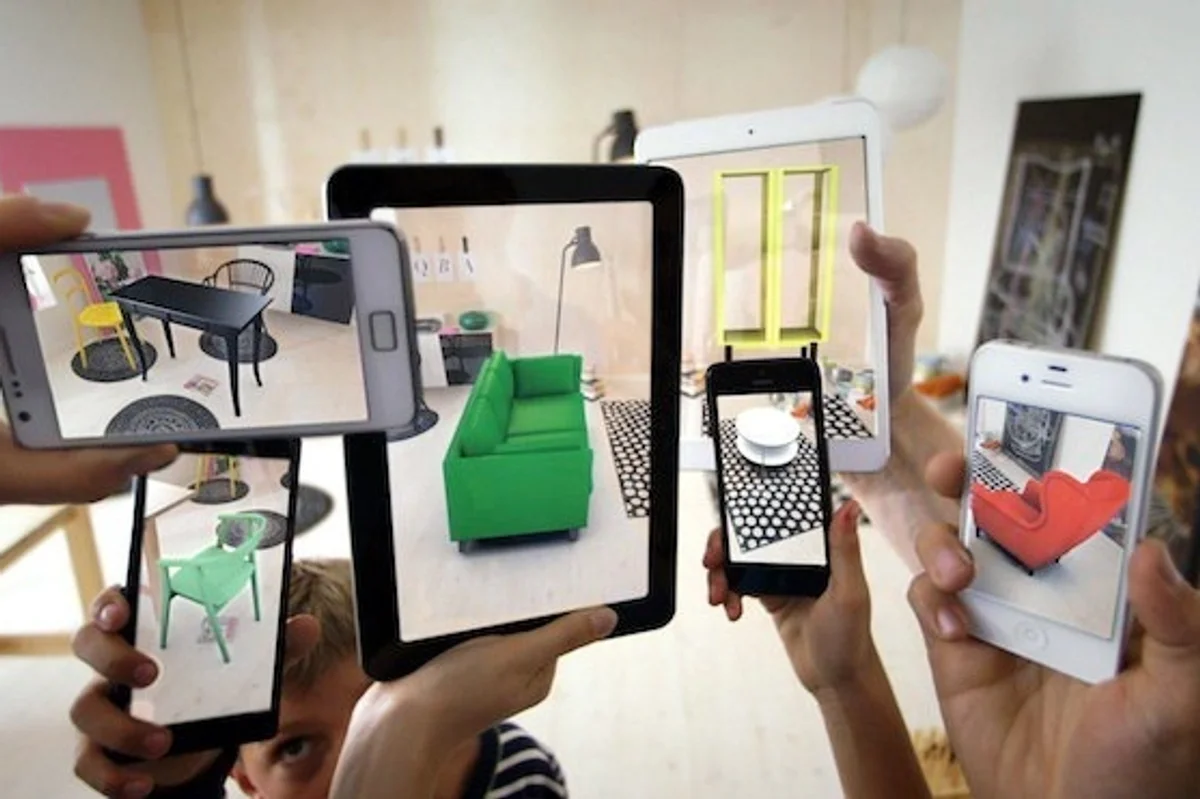
Augmented Reality (AR) is a technology that overlays virtual elements onto the real world. It has gained immense popularity in recent years, with the rise of smartphones and other smart devices. AR has revolutionized several industries, including gaming, entertainment, and education. In this blog post, we will explore the latest advancements in AR technology and its potential impact on various industries.
“Augmented Reality will change the way we see the world and interact with it.” – Tim Cook, CEO of Apple Inc.
What is Augmented Reality?
Augmented Reality is a technology that enhances the real world with virtual elements. It involves using a device, such as a smartphone, tablet, or smart glasses, to overlay digital information onto the physical environment. This digital information can take many forms, such as text, images, videos, and 3D models.
The key difference between AR and Virtual Reality (VR) is that AR enhances the real world, while VR creates a completely immersive digital environment. AR is also different from Mixed Reality (MR), which combines both the physical and digital worlds in a seamless manner.
Advancements in AR Technology
AR technology has come a long way since its inception. The latest advancements in AR technology include the use of Artificial Intelligence (AI), Machine Learning (ML), and Computer Vision. These technologies have enabled AR to become more sophisticated, accurate, and interactive.
One of the latest advancements in AR technology is the development of ARKit and ARCore by Apple and Google, respectively. These software development kits (SDKs) enable developers to create AR applications for iOS and Android devices. They provide tools for motion tracking, environmental understanding, and light estimation, which are essential for creating immersive AR experiences.
Another significant advancement in AR technology is the development of smart glasses, such as Microsoft’s HoloLens and Magic Leap One. These smart glasses enable users to interact with digital information in a hands-free and immersive manner. They provide a more natural and intuitive way of interacting with AR content, which has many potential applications in industries such as manufacturing, logistics, and healthcare.
Applications of Augmented Reality (AR)
AR has many potential applications in various industries, including gaming, entertainment, education, manufacturing, healthcare, and retail. Let’s explore some of these applications in detail.
AR For Gaming and Entertainment
AR has revolutionized the gaming and entertainment industry by providing a more immersive and interactive experience for users. Popular AR games such as Pokemon Go and Ingress have millions of active users worldwide.
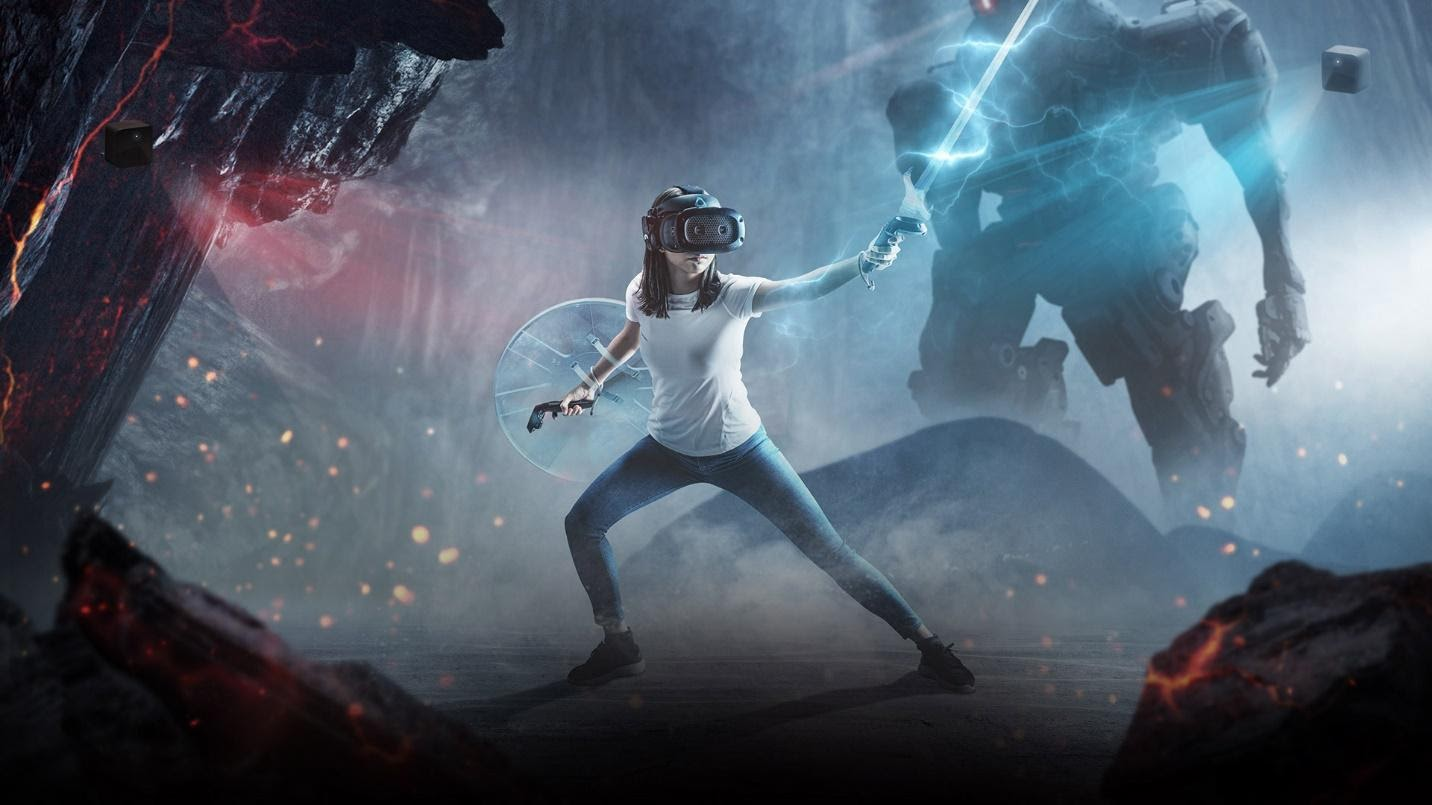
AR technology has also been used in the entertainment industry to create immersive experiences for moviegoers and theme park visitors.
AR For Education
AR has the potential to revolutionize education by providing a more interactive and engaging learning experience for students. AR technology can be used to create interactive textbooks, educational games, and simulations.
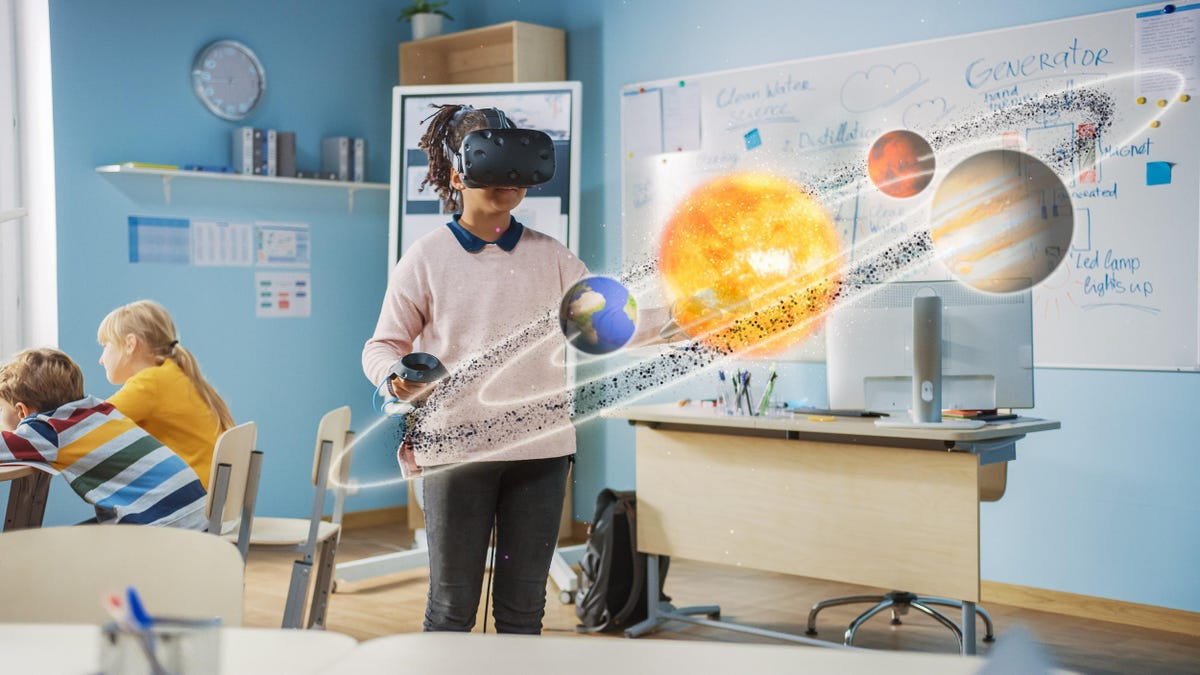
It can also be used to provide virtual tours of historical sites, museums, and art galleries.
AR For Manufacturing
AR technology has many potential applications in the manufacturing industry, including assembly line optimization, remote maintenance, and quality control.
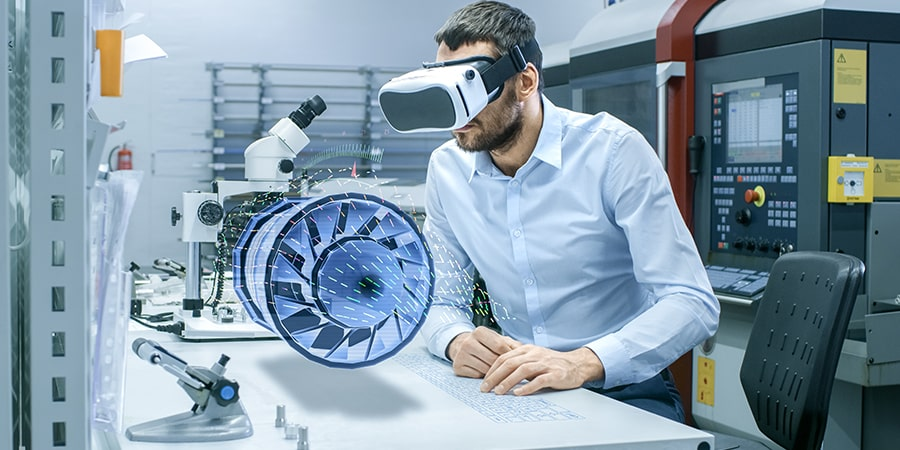
AR can be used to provide workers with real-time information about machines and processes, enabling them to work more efficiently and safely.
AR For Healthcare
AR technology has many potential applications in the healthcare industry, including medical training, surgical planning, and patient care. AR can be used to provide medical students with interactive simulations of surgeries and procedures.

It can also be used to assist surgeons in planning and performing surgeries and to provide patients with personalized healthcare information.
AR For Retail
AR technology has the potential to revolutionize the retail industry by providing customers with an immersive and interactive shopping experience. AR can be used to provide customers with virtual try-on of clothes and accessories, enabling them to make informed purchase decisions. It can also be used to provide customers with personalized recommendations based on their preferences and purchase history.
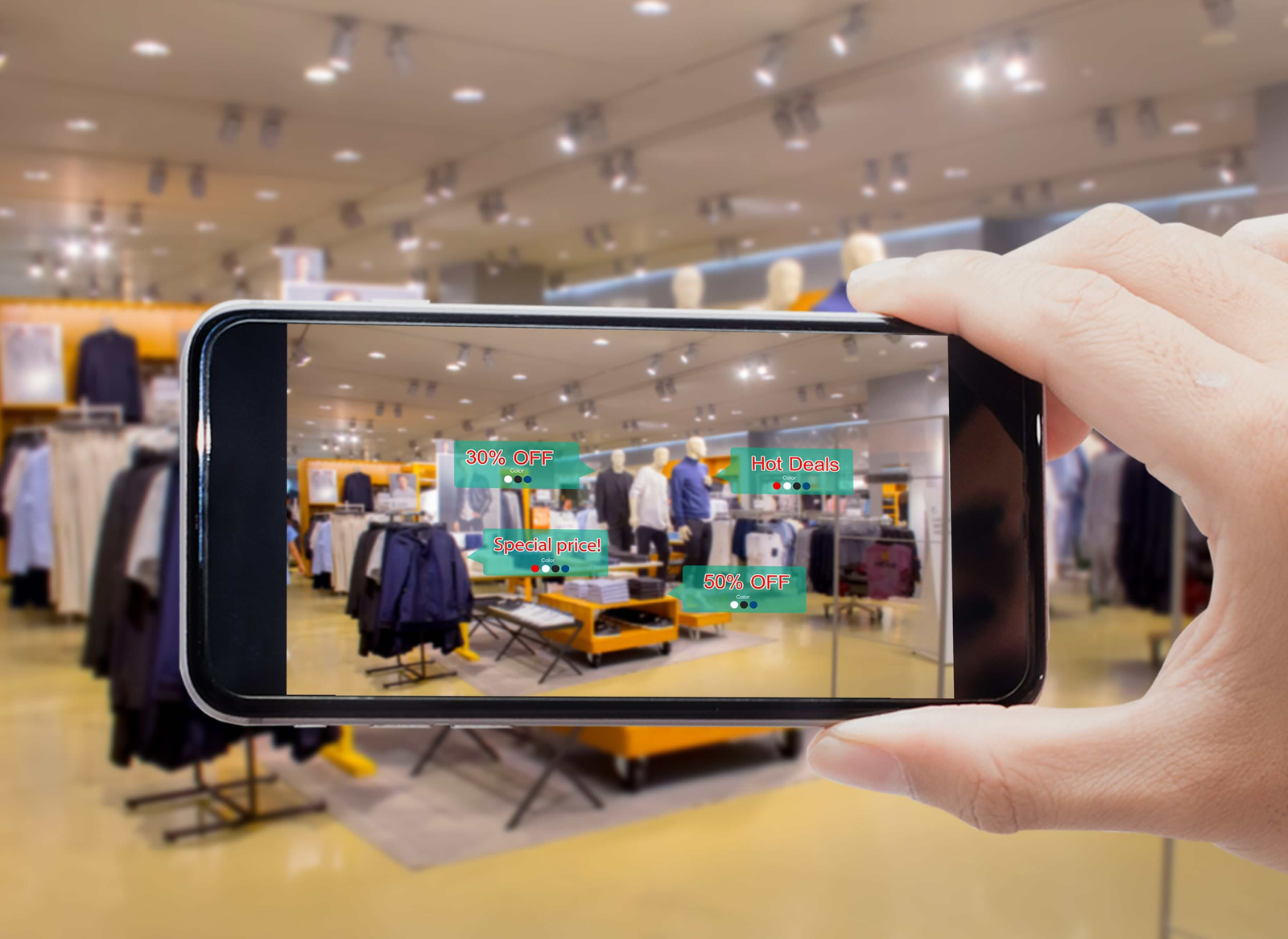
“The possibilities of Augmented Reality are endless, from entertainment and gaming to education and healthcare.” – Sundar Pichai, CEO of Google LLC.
Conclusion
In conclusion, Augmented Reality technology is rapidly evolving, and its potential applications across various industries are immense. From gaming and entertainment to education, manufacturing, healthcare, and retail, AR has the potential to revolutionize the way we interact with the physical world. The latest advancements in AR technology, such as AI, ML, and computer vision, have made AR more sophisticated, accurate, and interactive. Smart glasses have enabled users to interact with AR content in a more immersive and intuitive manner. As AR technology continues to evolve, we can expect to see more innovative applications of this technology in the future. So, get ready to experience the future of technology with Augmented Reality!
